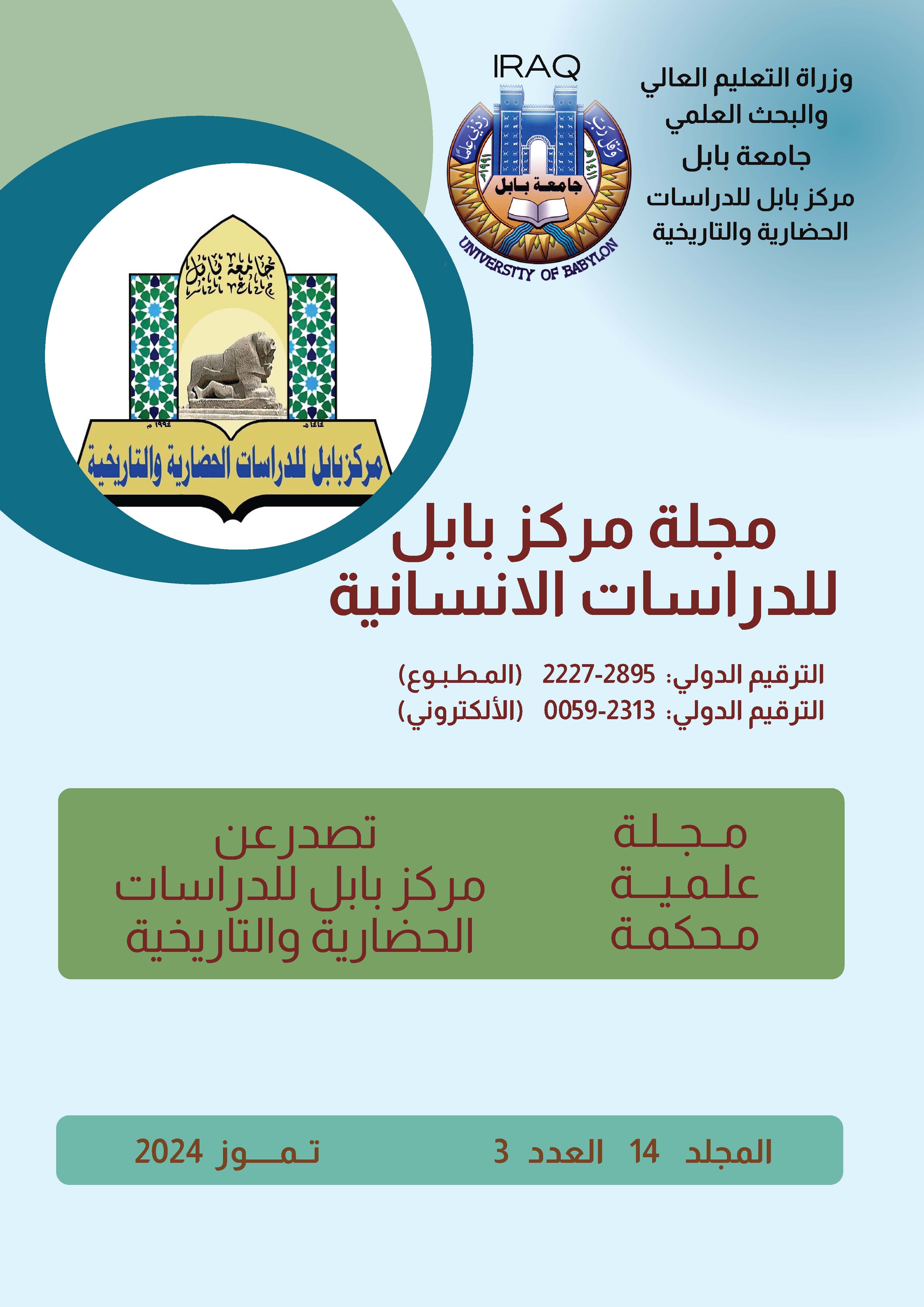Addressing contemporary slavery in light of the due diligence standard in public international law
Keywords:
slavery, responsibility, principle of due diligence, causes of slavery, images.Abstract
The international community has an obligation to protect human rights and achieve remedies for them. Under the system of international responsibility, states are obligated to exercise diligence in preventing and confronting acts of slavery. Under the standard of due diligence, the state is responsible for its inability to prevent the unlawful act from occurring and to take remedial and preventive measures against it. Not about illegal actions carried out by others, whether they are natural or virtual persons.
The study showed that slavery is a form of human trafficking that has three elements: (the living human being enslaved or enslaved), the trader who can be natural or legal, such as an organization or company, who carry out brokerage and trading operations, and the intention to own the person with the three elements of ownership: use, exploitation, and disposal. To obtain personal profits and self-benefit.
The study showed that the legal nature of the act of slavery falls within the concept of transnational organized crime, often a war crime and a crime against humanity, depending on the availability of its conditions. They share in that their subject is a living human being who suffers from poverty, unemployment, or lacks social security, and that the rule for prohibiting slavery trade is Among the international rules is the princess, which it is not permissible to agree to violate or violate at all.
Any country can file a lawsuit before the International Court of Justice against any country that violates the right to freedom from slavery, which is considered one of the basic rights. Amnesty International, in its report issued in 2007, considered slavery in all its forms a violation of human rights, especially the right to physical and psychological integrity, life, freedom, and security. The person, his dignity, freedom from slavery, freedom of movement, health, privacy, and secure housing.







